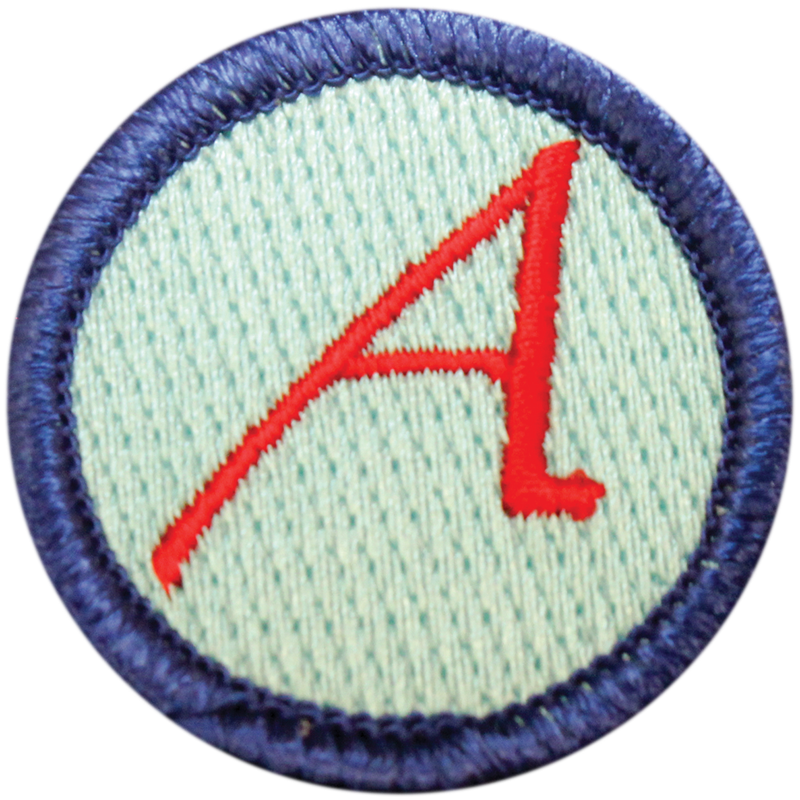
Even as the Boy Scouts of America is acquitting itself well on LGBT equality, it still has a blind spot regarding another marginalized group: atheists and nonbelievers.
The civic organization’s repeal of its ban against gays recently incurred the wrath of the Mormon church, which announced that it’s breaking off most ties to the Scouts. While the Freedom from Religion Foundation applauds the Boy Scouts for lifting its anti-gay ban, it decries the fact that the group still formally discriminates against nonreligious boys and their families, officially excluding atheists, agnostics and nonbelievers. Currently, the organization maintains “that no member can grow into the best kind of citizen without recognizing his obligation to God.”
“The Freedom From Religion Foundation maintains instead that no one who discriminates can grow into the best kind of citizen,” says FFRF Co-President Annie Laurie Gaylor.
“It’s what you do — not what you believe — that makes you a good person,” adds FFRF Co-President Dan Barker.
FFRF has come up with a creative way to address the Boy Scouts’ prejudicial attitude toward nonbelievers. At the urging of its member Richard Kirschman, it has produced a badge similar to the Boy Scouts’ merit badges, which are typically sewn on uniforms or sashes. The badge, featuring a red “A” based on a symbol of atheism and agnosticism popularized by distinguished scientist and atheist Richard Dawkins, is being issued in collaboration with the Richard Dawkins Foundation for Reason & Science.
At Dawkins’ suggestion, the Scout or youth seeking a badge need only send FFRF a short essay addressing the Boy Scouts of America’s claim that nonbelievers can’t be good citizens. FFRF will not charge Scouts money for the badge.
“By excluding boys from nonreligious families, the Boy Scouts of America is practicing the same kind of baseless prejudice it exhibited for so long against gay Scouts,” comments Robyn E. Blumner, president and CEO of both the Richard Dawkins Foundation for Reason & Science and the Center for Inquiry. “There is no doubt that a young man can be honorable, diligent, wholesome and represent the best that America has to offer while not subscribing to a religious faith. For the association to suggest otherwise is to perpetuate ugly stereotypes and open millions of boys up to exclusion and bullying.”
The badge is intended to reward Boy Scouts who have persevered in an organization that basically has instituted a “Don’t ask, don’t tell'” policy about atheist and agnostic participants, but has regularly expelled open nonbelievers.
“If any young person fulfills the requirements, we’d be delighted to reward them with this badge,” adds Gaylor. “Many nonreligious students who might otherwise wish to join the Boy Scouts Association, knowing of its bigoted policy, don’t try. This is their chance to be rewarded for critical thinking and to earn a keepsake at the same time. We hope someday very soon that Boy Scouts of America itself will change policy and adopt its own official merit badge rewarding critical thinking.”
The requirements, paralleling typical merit badge requirements, ask Scouts to learn about secularism and the rich history of dissent from religion. The full requirements can be found at FFRF’s website: ffrf.org/freethought-badge

